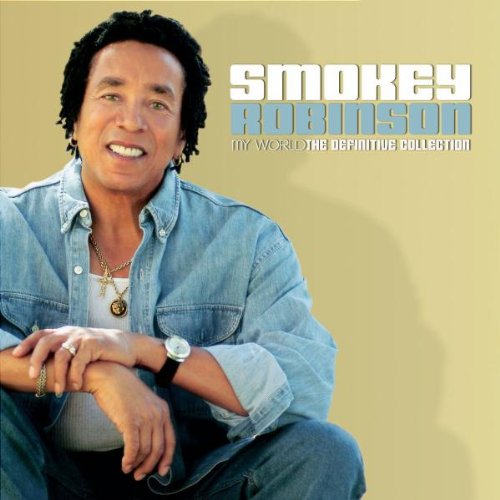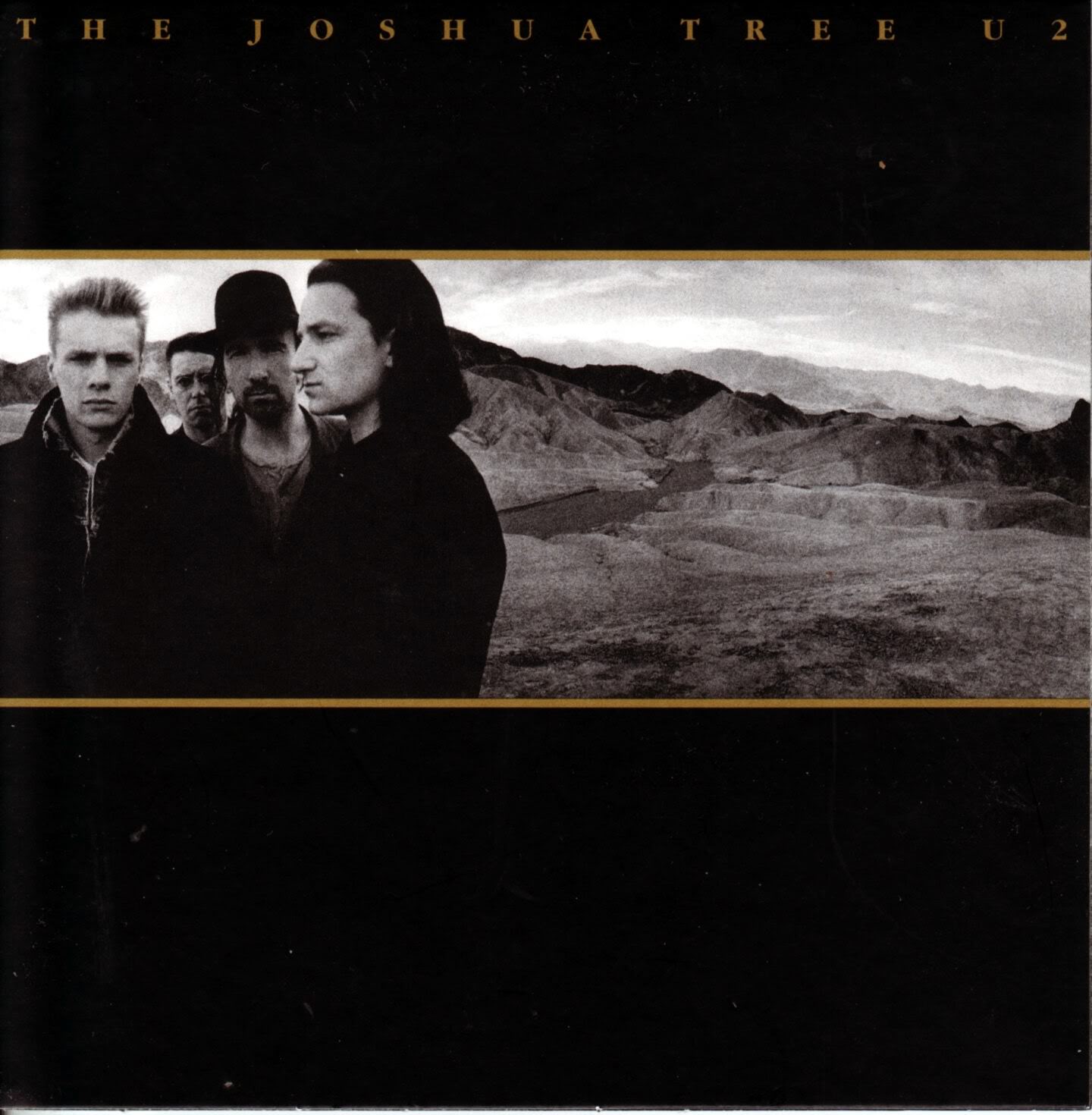Now Playing
Current DJ: Mike Bennett
Yesness Nice Walrus (Featuring: Kishi Bashi) from See You at the Solipsist Convention (Joyful Noise) Add to Collection
Requests? 773-DJ-SONGS or .(JavaScript must be enabled to view this email address)
TALsounds has a new album out on Ba Da Bing records. Selections from Love Sick are available In Rotation and by request on CHIRP Radio!
LimeRed is a local user experience (UX) firm that develops design and UX projects that emphasize social justice and innovation. Since the firm was founded in 2004, they’ve also garnered certifications as both a woman-owned business (WBE) and a Certified B Corporation (B-Corp), meeting high standards of social and environmental performance as well as public transparency and accountability. This is an especially impressive feat as Chicago is only home to 21 B-Corps and fewer than half of those businesses are woman-owned.
In the spirit of local community-building and cross-organizational efforts, CHIRP Radio Features Director Amelia Hruby spent a morning at LimeRed recently with founder and company President Emily Lonigro Boylan and Strategy Director Demetrio Cardona-Maguigad.
Amelia: How did LimeRed get started?
Emily: I started my company because I had a computer, one client, and big ideas. I didn’t know anything. After college, I had been living in Chicago and working at agencies and on social justice projects, but I moved to New York because I had nothing to lose. So I was running my own little business with clients, larger agencies, and smaller non-profits. I kind of had a 50/50 split between New York and Chicago. It was going well, and that’s when I incorporated LimeRed.
At that point I was freelancing for a company that did luxury design goods. Most of their clients were luxury e-commerce, cosmetics, travel and real estate, and that’s really where I learned everything online. But the stuff I was selling, I just couldn’t do it. So I quit and said “I can’t do this anymore.” I decided that I had to stay true to what I think and do small business and non-profit and social justice and blend it all together, because you can’t be two people, it just doesn’t work.
 by Josh Friedberg
by Josh Friedberg
Smokey Robinson was called the greatest and most influential songwriter in R&B history by Rolling Stone, and he has often been acclaimed for bringing exceptionally sophisticated lyrics to many Motown hits of the 1960s. In fact, in addition to his hits with the Miracles, he wrote or co-wrote hits for the Temptations (including the immortal “My Girl”), Marvin Gaye (“Ain’t That Peculiar”), and Mary Wells (“My Guy”), among others.
I don’t know if 2005’s My World: The Definitive Collection was the first single-disc overview of Robinson’s entire career, but it is a satisfying listen with some all-time classic moments, including “Cruisin’,” “The Tracks of My Tears,” and “I Second That Emotion.” It can feel surprising, as it is not in chronological order, so the transitions between the Miracles’ classics and the solo material can be slightly jarring, but overall, this is an excellent compilation whose material deserves many listens.
The collection opens with two new recordings, “My World” and “Fallin’,” and the classic R&B style of the former—with electric piano and a bass-saturated groove—is complemented by the more jazz-influenced chords of the latter. The lyrics on both are spare, and though some might laugh at a line like “Palpitations, heart beating so erratic/ Whenever I think about you, these things are automatic,” it works with Robinson’s classic falsetto and smooth delivery.
 by Bradley Morgan
by Bradley Morgan
Last Saturday, I ventured out to Soldier Field to see U2 play their masterpiece record The Joshua Tree in its entirety. I had been looking forward to this show for months. I even invited my dad and he drove over six hours to experience his first U2 concert.
Of course, I had seen Ireland’s favorite sons play a few times already including a greatest hits show and a concert promoting their latest studio album. However, this tour was different. The Joshua Tree Tour 2017 was designed with duality in mind; to commemorate the past but to also understand its relevance in the present. While this show signified a nostalgic trip for some, the tour set out to make a statement about the complexities of humanity and society. In preparation for the performance, I had to go back and find out not only what The Joshua Tree meant to me as art but also what U2 represented that made them so relatable to me over the years.
My path toward U2 fandom began at age twelve back in the fall of 2000 while I was living in Alaska. Anchorage didn’t really have any record stores or cool hot spots where hipsters could browse indie music stacks and discover the next big underground thing. Not only that, but streaming media online was not as sophisticated and easy to use as it is today, plus my dad wouldn’t let me download music. So, the only musical outlets available to me were whatever played on commercial radio and the limited selections of a local Wal-Mart or FYE.
That fall, U2 released their single “Beautiful Day” and it was life-changing. The sound was big and anthemic; qualities that inspired a budding teenager who had a lot to say and demanded that he be heard. The optimism and humanity within that song truly spoke to me.
Prior to that, U2 was a band that I had only heard of before. I had seen copies of War and The Unforgettable Fire in my mother’s CD collection, but I never listened to them before because what teenager wants to listen to their parents’ music collection? I wanted something new and relevant to me right then and there, despite the irony that this exciting new addition to my life was being delivered by an already established and accomplished band.
The music itself wasn’t the only thing that made me connect with the band. This band had something else going for them, too. They were Irish. That instantly made them more relatable and meaningful to me. As the son of an English immigrant with Irish grandparents, that made U2 so much more special. A bond was established through a shared ancestry that I wouldn’t quite understand until much later.